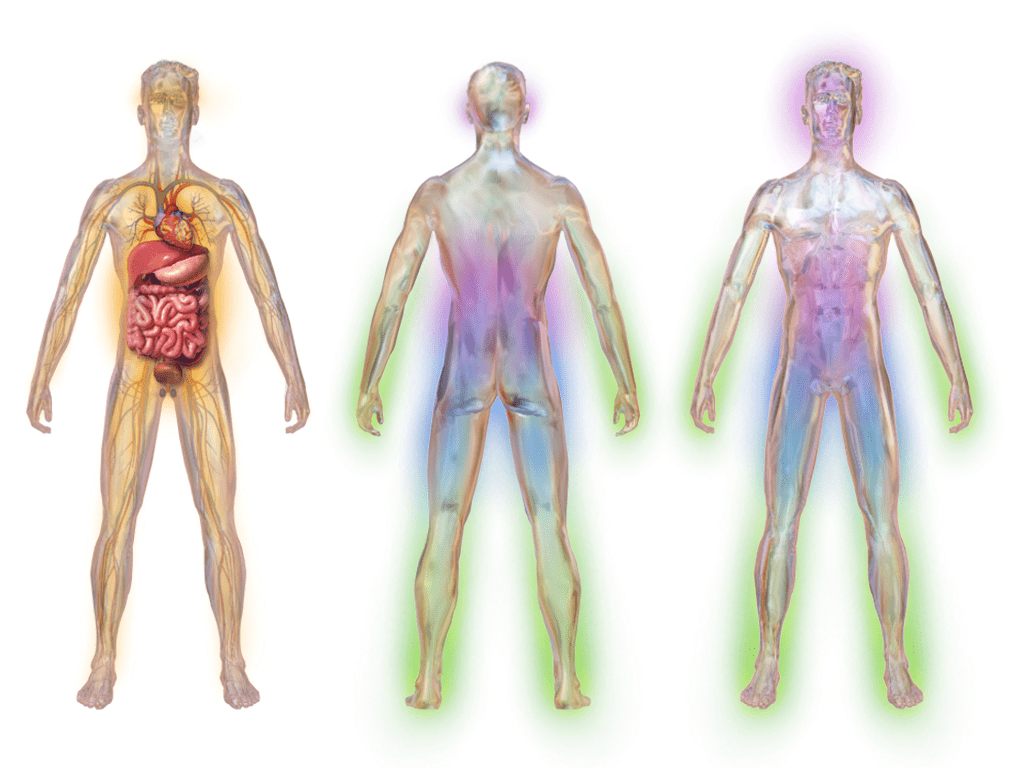Hydration and Diabetic Neuropathy: A Crucial Connection
Diabetic neuropathy is a nerve damage condition that can cause numbness, tingling, and pain in the feet and hands. It’s a common complication of diabetes and can significantly impact quality of life.
While there’s no cure for diabetic neuropathy, maintaining good hydration can play a vital role in preventing and managing this condition.
FIVE Connections Between Hydration and Diabetic Neuropathy
- Blood Sugar Control: Dehydration can affect blood sugar levels, making it more difficult to manage diabetes. Poor blood sugar control is a major risk factor for diabetic neuropathy.
- Nerve Function: Adequate hydration is essential for optimal nerve function. Dehydration can impair blood flow to the nerves, leading to damage and reduced sensation.
- Electrolyte Balance: Dehydration can disrupt electrolyte balance, which can affect nerve function and overall health.
- Reduced Inflammation: Proper hydration can help reduce inflammation in the body, which may benefit nerve health.
- Improved Circulation: Staying hydrated can help improve blood circulation, ensuring that nerves receive adequate oxygen and nutrients.
Research Studies on Hydration and Diabetic Neuropathy
- Study 1: Dehydration and Nerve Damage: A study found that dehydration can accelerate nerve damage in people with diabetes, increasing the risk of diabetic neuropathy.
- Study 2: Hydration and Blood Sugar Control: Research has shown that maintaining adequate hydration can help improve blood sugar control, which is crucial for preventing nerve damage.
- Study 3: Electrolytes and Diabetic Neuropathy: A study found that electrolyte imbalances, often associated with dehydration, can contribute to diabetic neuropathy.
- Study 4: Hydration and Inflammation: Inflammation is a key factor in the development of diabetic neuropathy. Studies have shown that staying hydrated can help reduce inflammation in the body.
- Study 5: Hydration and Quality of Life: Adequate hydration can improve overall quality of life for people with diabetes, including reducing the symptoms of diabetic neuropathy.
SIX Tips for Staying Hydrated
- Drink plenty of water: Aim to drink 8-10 glasses of water per day, or more if you’re physically active or in a hot climate.
- Listen to your body: If you feel thirsty, drink more water. Your body is a good indicator of your hydration level.
- Avoid sugary drinks: Sugary drinks can contribute to dehydration and weight gain. Opt for water, unsweetened tea, or sparkling water instead.
- Eat fruits and vegetables: Many fruits and vegetables contain a high water content.
- Monitor your blood sugar levels: Regular blood sugar monitoring can help you identify signs of dehydration and adjust your fluid intake accordingly.
- Consult with your healthcare provider: If you have concerns about hydration or diabetic neuropathy, talk to your doctor.
Conclusion
Staying hydrated is essential for preventing and managing diabetic neuropathy. By drinking enough water and taking other steps to maintain good hydration, you can help protect your nerves, improve blood sugar control, and reduce the risk of complications associated with diabetes. If you have diabetes, it’s important to be mindful of your hydration status and consult with your healthcare provider for personalized advice.
